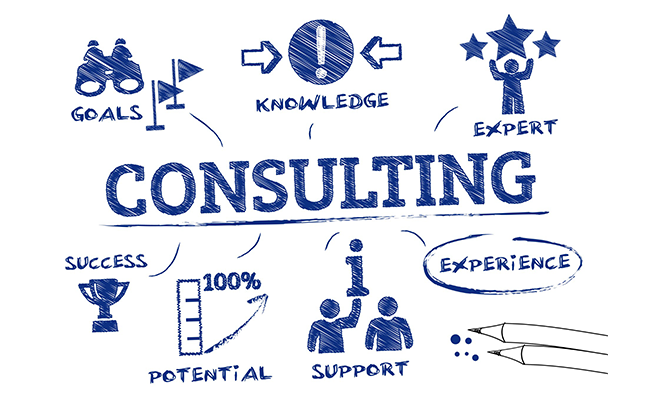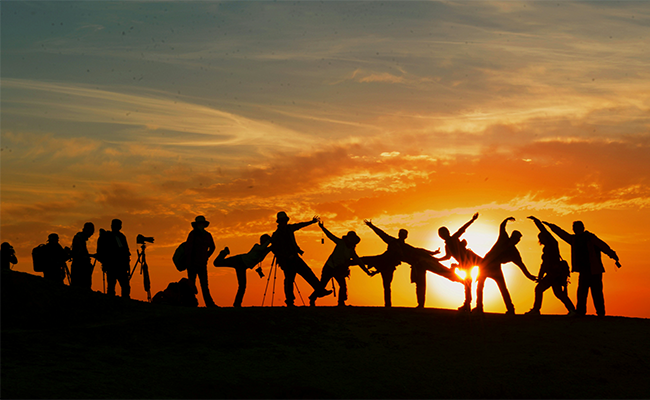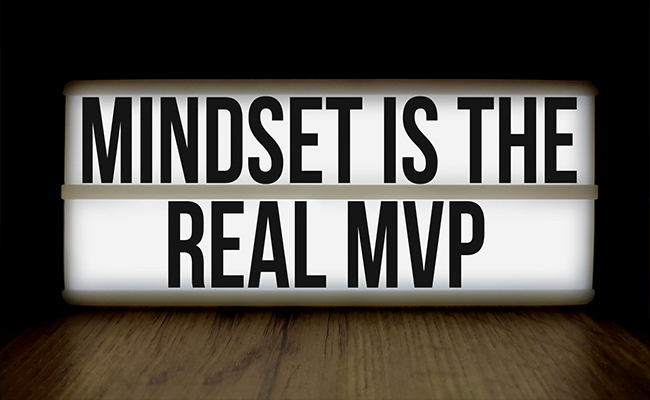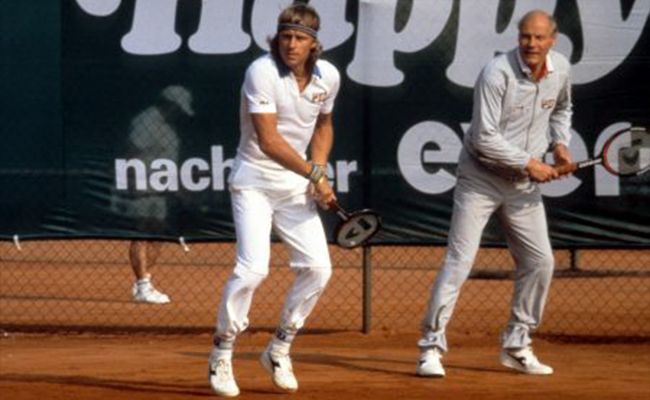BELIEFS
I ensure all foundations to tennis mastery are being developed. My main scope of work involves the following three areas, which are explained in detail below.
TEAM
ENERGY
I guide players and their entire team to communicate as effectively as possible, prioritize the team, and keep developing themselves.
PLAYER
MENTALITY
I empower students to be tough and professional.
COACHING
SUPPORT
I help coaches maximize their student's potential by taking care of all details and filling in coaching gaps, if needed.

TEAM ENERGY
- Idealistic Realism
- Going after your dreams while accepting all outcomes including loss and pain. Also, doing everything to maximize your talent in holistic ways by being as technically, physically, mentally, emotionally, spiritually, and strategically skilled as possible.
- Coaches and consultants must adapt to the player’s age, talent, personality, learning style, and commitment level.
- Improving at realistic levels according to age and other factors. i.e., if a youngster is not ready to make higher commitments and do everything asked to keep acing it on their journey to their best you, changes can be made over time. By doing so, enough motivation and momentum can be sustained to keep up with the competition
- Purposeful Vision
- Being intrinsically motivated to do something such as tennis versus being overly pushed by outside forces.
- Since greatness does not always feel good, being truly at peace entails sacrificing yourself, leaving nothing left to chance, maximizing the quality and quantity of your tennis, and balancing your life with rest, fun, and quality support.
- Quality Values
- Greek philosopher Epictetus said, “It's not what happens to you, but how you react to it that matters.” Rather than being frustrated at people’s inflexibility, flaws, and ego- based missions built on pure self-interest and pride, since it is limited, unfulfilling, and depressing, I empower students to act upon CHA principles of Courage, Honesty, and Accountability
- I help students express themselves with kindness, humility, caution, and boundaries. These traits exemplify diverse yet necessary qualities, as often success is a balance of opposing objectives (i.e., stress and recovery, being easygoing yet cautious with boundaries).
- Healthy Communication: Between all parties on the team including player, coach, family, and outside influences.
- To help all team members maintain their CHA principles and the highest-level professionalism and transparency, I communicate with everyone and if need mediate any existing or potential for conflict.
- Empowering delicate situations requires the utmost respect and healthy push. Since I am overseeing everything the player and their team does, ensuring that each party is accountable to their role, and making sure all on and off-court skills and details are developed in the most efficient and progressive way, I aim to make the uncomfortable parts of the process as comfortable as possible.
- External and Self-Support
- From those who you trust and can accept healthy critique from such as religious leaders, family, friends, and mentors.
- Feeling good about yourself versus relying on temptations/ addictions to fulfill you. Since the only person you can depend on 100% of the time in tennis and life is yourself, players create a Personal Coaching Tool (PCT) booklet, which provides both comfort and ongoing resources including mental toughness and strategy.

PLAYER MENTALITY
- As opposed to rushing the process and focusing on instant gratification needs, which leads to close-mindedness, insecurity, self-esteem damage, anxiety, and future poor results, all-around success requires the following to be emphasized:
- Act upon courageous, honest, and accountable values
- Work effectively with others
- Be patient with your results
- Maximize everything you control including your practice and tournament preparation
- Let go of tightness on- and off the court
- Improvise such as waking up early for added fitness and/or training extra repetitions even if it is just shadow hitting. In addition, be willing to learn and sacrifice by working on your tennis regardless of environmental obstacles like snow and rain.
- Problem-solve by being more creative and digging deeper on-court
- Toughness/ Standards: Like Novak Djokovic’s belief about the impossibility of recreating a similar, war-torn Serbian-like environment with his kid, I believe in the following:
- No differently than advancing from one grade to the next in school by achieving clear aims, you must work on all technical, physical, mental, emotional, spiritual, and strategical skills in an efficient ordering flow.
- At times, lesson tournaments and rewards both on- and off the court until the player consistently works on their practice goals.
- Assertiveness: i.e., taking control of practices, standing up to cheating
- Professionalism in the ways below and at the right time bringing in experts
- Equipment Management
- Injury Prevention, Fitness, and Periodization
- Practice Scheduling and Life Organizational Skills
- Tournament Preparation
- Mental Toughness Routines: Pre, During and Post Practice and Matches
- Nutrition and other Lifestyle habits.; i.e., consistent sleep, healthy air, and sunlight
- Inner Strength/ Confidence
- Besides being coachable and learning from others, you must be “your own best coach” to persevere past roadblocks and execute great practice habits instinctively under competitive pressure in all environments.
- “Being your own best coach” comes from keeping high-level values and standards, believing in your own worth and abilities, staying self-disciplined, and practicing daily rituals that focus on your positives and helping calm your mind.
- The PCT booklet aids all on and off-court habits by helping you follow through with all the repetitive work needed for acing it on the journey to your best you.

COACHING SUPPORT
- Since it takes a village to help a person and solve challenging problems, even the best coaches in the world can learn by consulting with others. Examples of coaching challenges include managing a currently unmotivated student or one who is unwilling to emphasize process goals in tournaments, and as a result developing bad habits.
- Since most coaches can learn from the latest teachings and technologies, I continually learn from coaching experts and research. By watching practice and match videos, I provide the following: constructive feedback; ensure students are swinging the ball powerfully with looseness and ball heaviness, control, depth, precision, and movement against every type of shot, spin, and game style; and prioritizing the coach’s vision.
- Open-minded coaches can help players progress faster and further by making sure students are working on all the details needed for acing it on the journey to their best you, creating ideal energy, assisting with any obstacle on court, and if need be, coordinating communication between multiple coaches to simplify things.

Let's Talk
